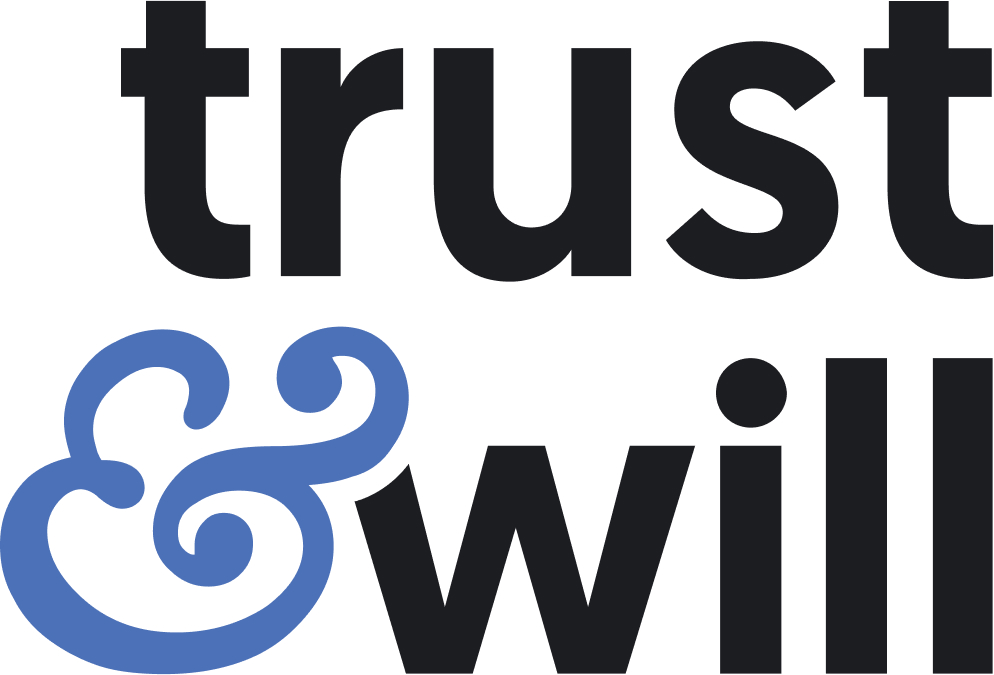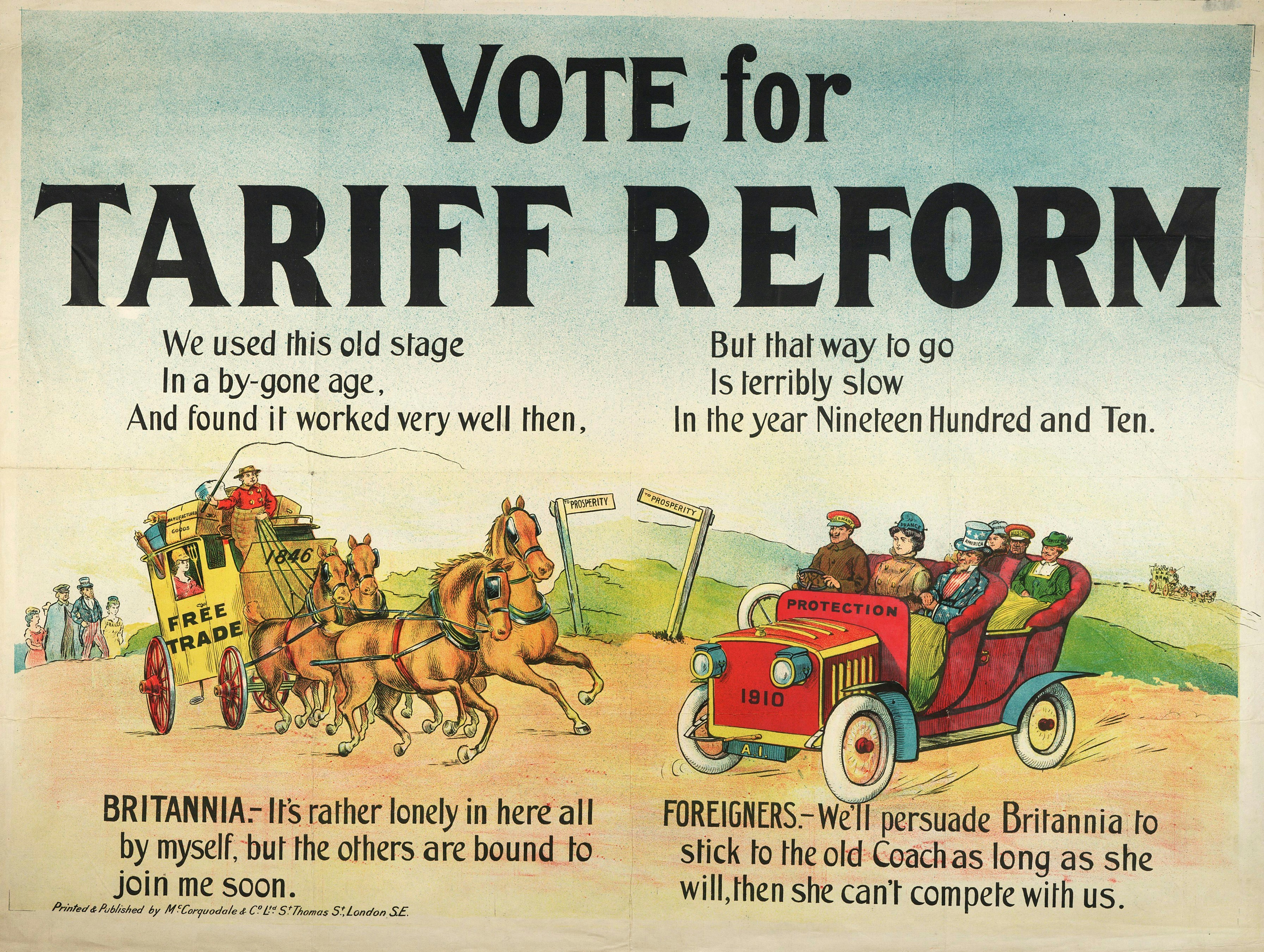A Miller belief, additionally known as a Certified Revenue Belief (QIT), may also help you qualify for Medicaid nursing residence advantages or different long-term home-based care providers in case your earnings exceeds the eligibility necessities.
For many individuals, long-term care — which is roofed by Medicaid however not by Medicare — is just too expensive to pay for out-of-pocket. Medicaid’s strict earnings necessities make it troublesome for many individuals to qualify for help, however in lots of states, a Miller belief generally is a workaround.
Relying on which state you’re in, a Miller belief can be known as an:
-
Revenue Diversion Belief.
-
Revenue Cap Belief.
-
Irrevocable Revenue Belief.
-
Revenue Belief.
-
d4B belief.
-
Revenue Solely Belief.
With such a belief, any earnings earned over and above the particular earnings restrict is put into an irrevocable belief and now not thought-about earnings for the needs of Medicaid eligibility.
 Finest for: Ease of use. Value: One-time payment of $159 per particular person or $259 for {couples}. $19 annual membership payment thereafter. |
 Finest for: Customers who need an all-inclusive expertise. Value: $99 per 12 months for Starter plan. $139 per 12 months for Plus plan. $209 per 12 months for All Entry plan. |
 Finest for: State-specific authorized recommendation. Value: $89 for Primary will plan. $99 for Complete will plan. $249 for Property Plan Bundle. |
The professionals and cons of Miller trusts
Professional
-
Miller trusts may also help you to turn into income-eligible for long-term care Medicaid. As a result of the earnings deposited into the belief isn’t counted towards the Medicaid earnings restrict, it may provide help to save considerably on well being care prices.
Cons
-
The belief have to be irrevocable, which means as soon as it’s established you possibly can’t change it or take away these funds.
-
You might be required to deposit your whole earnings immediately into the belief, relying in your state’s guidelines and rules. The belief additionally sharply limits how a lot of your individual cash you possibly can entry. After you die, any remaining funds usually go to the state.
Which states have Miller trusts?
Medicaid earnings tips fluctuate by state. Some states cap earnings for a single individual beneath $1,000 per 30 days, whereas others don’t have any earnings caps however set guidelines about how a lot earnings an individual can hold every month.
Solely 25 states permit Miller trusts for use to satisfy earnings necessities. These states are:
-
Mississippi.
-
New Jersey.
-
New Mexico.
-
South Carolina.
-
South Dakota.
-
Tennessee.
How one can arrange a Miller belief
To arrange a Miller belief you have to:
-
Open a checking account.
-
Choose a trustee. This individual will handle the account. (Observe: As a Medicaid applicant, you can’t be the designated trustee.)
-
Title the state the place you’ll be receiving long-term care because the beneficiary of the belief.
As soon as the belief is ready up, month-to-month deposits can be made into the belief. Solely pension funds, Social Safety funds and different sorts of earnings might be positioned within the belief. Belongings, comparable to a home, can’t be added.
Once more, the precise necessities will fluctuate state by state, so it’s essential to know your state’s particular guidelines and necessities for Miller trusts. Some require direct deposits of your month-to-month earnings in its entirety, whereas different states will let you deposit solely a few of your month-to-month earnings.
Nonetheless, all states require fee from a single earnings supply to be deposited within the designated account. You received’t have the ability to cut up your Social Safety examine between your Miller belief account and your financial savings or checking account.
You additionally received’t have the ability to use Veterans Affairs support and attendance advantages or housebound allowances, or any extra medical reimbursements as earnings for the belief.
How does a Miller belief work?
As quickly as you have got signed the belief doc, opened a belief checking account and deposited sufficient of your earnings to fall beneath the Medicaid particular earnings restrict, you have got a functioning Miller belief.
You’ll proceed to deposit into the belief account on a month-to-month foundation, as you obtain earnings. Then, earlier than the tip of the month, your designated trustee will make distributions from the belief. The precise timing of deposit and fee could fluctuate from state to state. Some states even have a restrict to how a lot might be deposited into the belief month-to-month. It’s essential to at all times examine together with your state company to make clear any particular guidelines and rules.
There are three particular funds a trustee should allocate funds for:
-
Month-to-month Private Wants Allowance (PNA): This allowance is supposed to cowl bills comparable to clothes, private care objects, leisure and different comparable bills. For nursing residence enrollees it’s between $30 and $130 a month, however can go as much as the Medicaid earnings restrict for residence and community-based service recipients.
-
Minimal Month-to-month Upkeep Wants Allowance (MMMNA): That is for the Medicaid recipient’s partner, if wanted, to cowl fundamental dwelling bills. This goes towards important wants like housing, meals and different requirements.
-
Cowl the price of medical help: Any remaining funds after paying the PNA and/or MMMNA go to cowl the prices of medical help offered to the Medicaid recipient. This covers any medical therapies, medicines, physician visits, hospital stays or different associated well being care bills not paid for by Medicaid.
The belief terminates with the dying of the Medicaid recipient. So, if there are any funds remaining within the belief after your dying, the state is repaid for the care offered. This fee have to be lower than or equal to the full quantity the state truly paid for care. Nonetheless, it’s uncommon {that a} Miller belief may have extra funds over and above that greenback quantity.
Seek the advice of with an elder care lawyer, property planning lawyer or a Medicaid planning skilled to see if establishing a Miller belief is one of the simplest ways to pay for long-term care.
This text was written by Erin Oppenheim, a contract author and communications skilled working within the nonprofit and philanthropy area.




